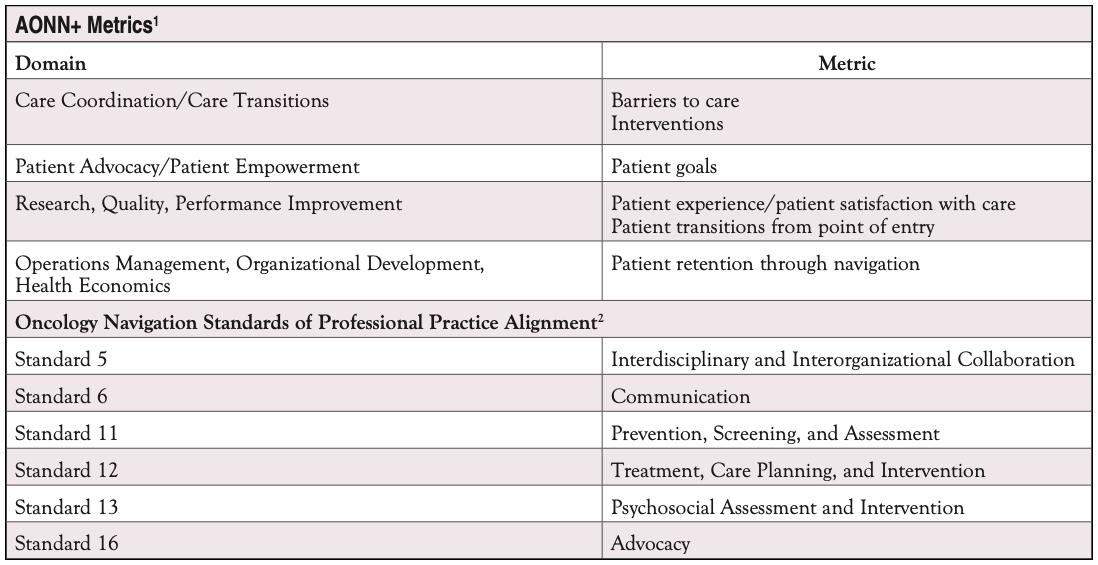The CATCH of the Month
The CATCH for August 2022 is awarded to Rimpy Gaur, BSN, RN, OCN. Ms Gaur is an oncology nurse navigator at Penn Medicine Princeton Health in Plainsboro, NJ.
Background: Ms Gaur’s patient was scheduled for treatment in the infusion room after being diagnosed with colon cancer.
The Incident: Ms Gaur and the scheduler noticed that the patient was enrolled in Medicare only, with no secondary insurance. As a result, the patient would be responsible for a recurring 20% of the cost of care received.
The CATCH (Intervention): Ms Gaur and the scheduler made a referral to the social worker/financial navigator, who reached out to the patient to assess financial concerns. The patient confirmed Medicare as her sole insurance and expressed her concerns about other areas of financial difficulty. The social worker alerted the oncologist in an effort to ensure the best treatment and best outcome while keeping costs in mind. The patient was referred to Medicaid as well as charity care. The social worker reviewed other resources with the patient, such as CancerCare, transportation assistance, and local grants to help with cost of care during treatment.
Outcome: With early identification, the patient was referred to multiple services:
- Medical oncology was informed so oncologist could create the best treatment plan while keeping cost of care in mind
- The patient did not qualify for Medicaid; as a result, she was referred to charity care
- The patient was referred to CancerCare for small grants; the navigator continued to track national funds for disease-specific treatment
- The patient received an internal grant for transportation support to alleviate cost of care burden
Alignment with AONN+ Metrics and Oncology Navigation Standards of Professional Practice
This Catch aligns with several of the AONN+ Standardized Metrics and the Oncology Navigation Standards of Professional Practice outlined below.
Impact Statement
Unfortunately, financial toxicity is a reality in cancer care. Studies have shown a direct correlation between quality of life and financial distress along with poorer patient outcomes and caregiver stress. One study suggests a “positive association between filing for bankruptcy and earlier mortality.”3
One study concluded that the “increased financial burden as a result of cancer care costs is the strongest independent predictor of poor quality of life among cancer survivors,”4 while Lathan and colleagues reported that “patients with cancer and limited financial reserves are more likely to have higher symptom burden and decreased QOL.”5
Financial toxicity is often an untreated yet predictable symptom of cancer care wreaking havoc on a patient’s mental and physical health. This burden further illustrates the need for navigation services, resources, and financial counseling early on at the time of diagnosis. Financial navigators, community resources, and innovative financial tools such as the Disco App can be instrumental in educating patients on their financial expectations and help to alleviate the economic burden.
As Edward and colleagues noted in their recently published study in JONS, “With the short- and long-term effects of the pandemic, cancer centers should enhance their financial navigation and assistance services to help address patient financial toxicity. Establishing sustainable and oncology-designated financial navigation roles is imperative to maintaining continued patient support.”6
Jordan Henderson, AONN+ Director of Program Development, said, “It is essential navigators play a role in identifying and addressing financial barriers from day one and advocate for patients and caregivers. This patient was caught by the navigator and prevented from falling through the proverbial financial cracks in the oncology healthcare system. Now that she has received additional funding and financial resources, she can focus on her cancer diagnosis, treatment adherence, and healing. Her healthcare team has successfully laid the groundwork for her to complete treatment and ultimately enter survivorship.”
Resources
- AONN+ Blog: Financial Navigation Helps Address Financial Toxicity of Patients with Cancer. https://tlg.site/3IEhLzZ.
- CONQUER: the patient voice video: Financial Toxicity Resources. https://tlg.site/3z8V0AY.
- The Disco App: A Patient-Focused Tool to Reduce Financial Toxicity. https://jons-online.com/issues/2022/august-2022-vol-13-no-8/4604-the-disco-app-a-patient-focused-tool-to-reduce-financial-toxicity.
References
- Strusowski T, Sein E, Johnston D, et al. Standardized evidence-based oncology navigation metrics for all models. Journal of Oncology Navigation & Survivorship. 2017;8(5):220-243.
- The Professional Oncology Navigation Task Force. Oncology navigation standards of professional practice. Journal of Oncology Navigation & Survivorship. 2022;13(3):74-85.
- Ramsey SD, Bansal A, Fedorenko CR, et al. Financial insolvency as a risk factor for early mortality among patients with cancer. J Clin Oncol. 2016;34:980-986.
- Fenn KM, Evans SB, McCorkle R, et al. Impact of financial burden of cancer on survivors’ quality of life. J Oncol Pract. 2014;10:332-338.
- Lathan CS, Cronin A, Tucker-Seeley R, et al. Association of financial strain with symptom burden and quality of life for patients with lung or colorectal cancer. J Clin Oncol. 2016;34:1732-1740.
- Edward J, Bowling W, Chitwood H, Vanderpool R. Availability and accessibility of cancer care delivery approaches to reduce financial toxicity of rural and urban cancer patients in Kentucky. Journal of Oncology Navigation & Survivorship. 2022;13(5):156-164.




